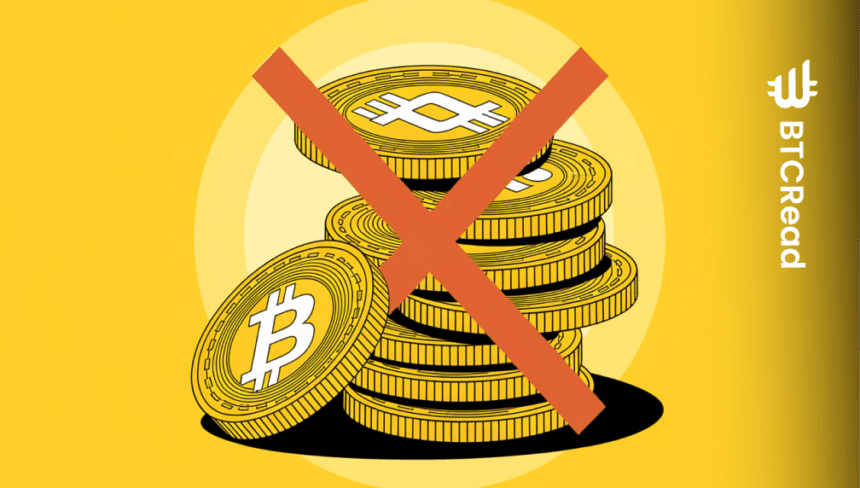The parent company of Upbit, Dunamu, has taken legal action against South Korea’s Financial Intelligence Unit (FIU).
On Feb. 27, the company filed a lawsuit with the Seoul Administrative Court, aiming to cancel an FIU business suspension order and request an injunction to stop the enforcement of the penalties.
Upbit is the largest crypto exchange in South Korea. It has been under regulatory pressure since last year. In Oct. 2024, the Financial Services Commission (FSC) faced questions during a parliamentary audit about investigating Upbit for anti-monopoly violations.
After this, the FIU conducted an inspection from Aug. to Oct. 2024. It later accused Upbit of dealing with unregistered foreign crypto platforms and failing to meet customer identification requirements.
In November, the FIU asserted that Upbit had committed over 500,000 KYC-related violations. This was met with a business suspension notice in Jan. 2025.
Impact on Upbit users
The penalties included restrictions on new customer transactions from March 7 to June 6. Nine Upbit employees faced disciplinary action, including a compliance officer’s dismissal and a warning to CEO Lee Seok-woo.
Dunamu disagrees with the FIU’s decision. The company believes some sanctions are unfair and that the investigation did not consider all facts. Upbit stated that it had already taken corrective measures to address compliance concerns. It also promised to fully explain its position during legal proceedings.
Existing customers can continue using Upbit’s services without restrictions despite the penalties. New users can still trade, exchange virtual assets, and deposit or withdraw Korean won. However, they cannot transfer digital assets to external accounts during suspension.
The South Korean authorities have been strengthening regulations over exchanges to keep money laundering in check while providing improved security.
This judicial ruling has the potential to have an immense influence over the nation’s crypto market. If Dunamu is successful, regulatory enforcement over exchanges can be challenged. Similar harsh measures can be met by exchanges in the future in case sanctions by the FIU take effect.







